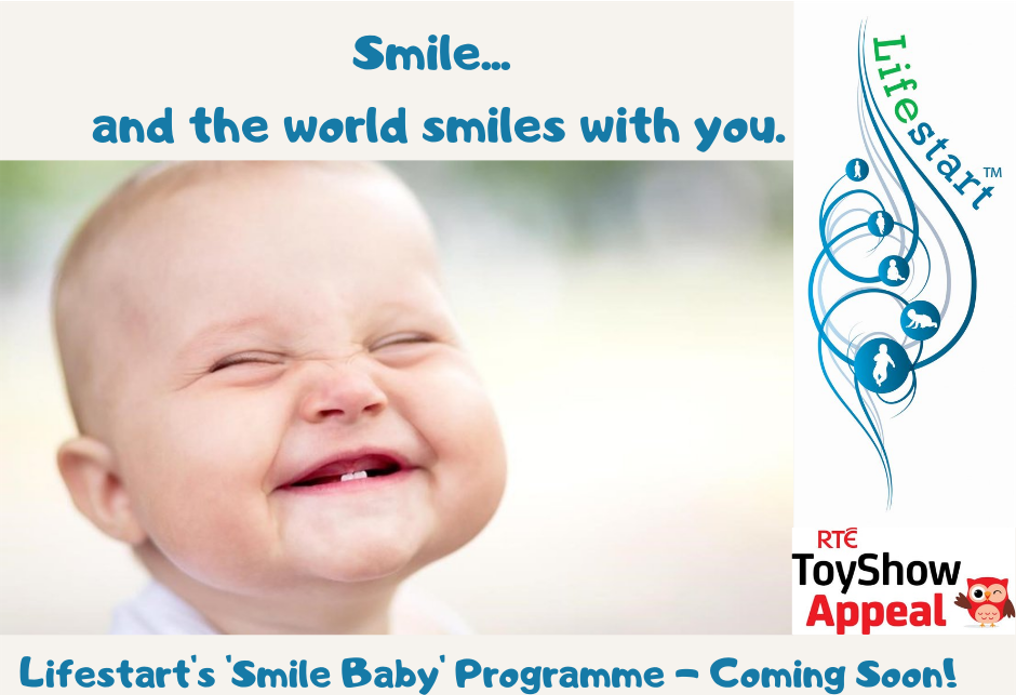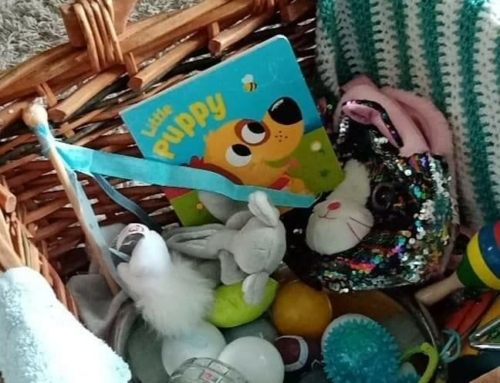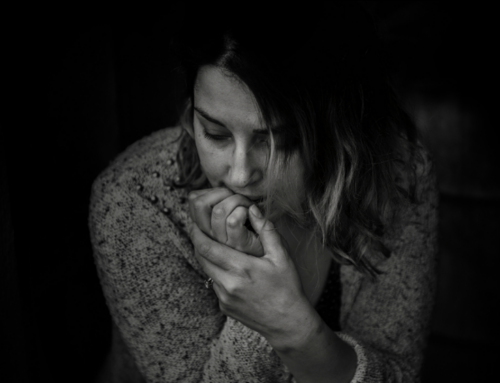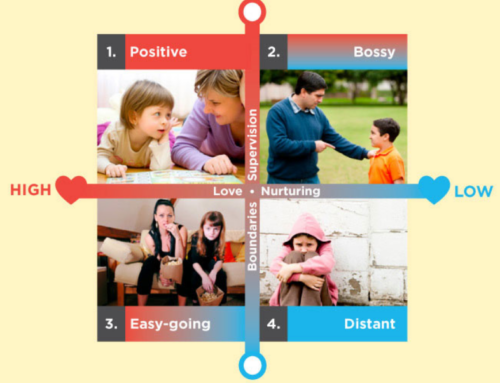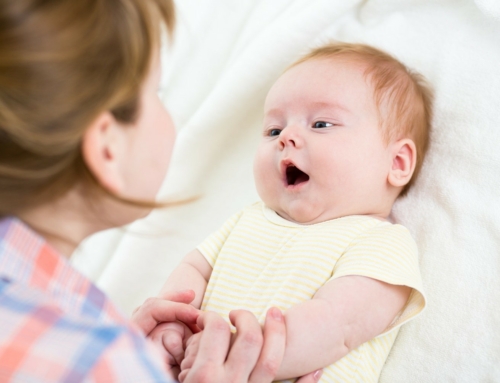The 1st of October. Honestly, I can’t believe where this year has gone. I am glad to see playgroups, parent and toddler groups, breastfeeding groups, toddler mornings all opened again and the more I check social media the more groups seem to be appearing. I myself have missed them so much for both myself and my child.
Children born during or slightly before the lockdown began are at a slight disadvantage in regards to socialising and getting out meeting other mothers and children. Doing a class via Zoom just isn’t the same, although it was sufficient at the time we are glad to be out meeting people again. Something as simple as getting dressed and getting out of the house and saying ‘Hello’ to someone makes your day automatically go much smoother. You begin to realise you’re not the only one in the world!
Since the pandemic with babies born just before and during the pandemic you may feel they have missed out as they have been born into a world of masks – no smiling faces or facial expressions when they leave the house. Seeing other faces is very important for babies in learning how we communicate, they learn by seeing friendly faces they also learn from the not-so-friendly faces.
Friendliness, like courtesy, makes the give and take of life more enjoyable. And, like courtesy, friendliness is learned through experience as well as by example. Friendliness is learned just like any other skill in life.
At around 14 months your toddler is steady on their feet and looking to explore. They won’t be ready to play with other children yet but they will play beside other children and watch how they move, play or look at things. Little outings 2 to 3 times a week will help your little one to befriend other children.
As a parent, be sure not to push your child onto another child. The more children see each other the more familiar they will become with each other and will slowly start to interact and takes toys from each other. This can be hard, but try not to be over-protective or give out if another child takes your child’s toy. This is how they learn and has nothing to do with parenting at that young age. If you fight all your children’s battles they won’t be able to do much for themselves as they grow and become bigger children at school.
As much as you want to – don’t wrap your children in cotton wool. They need to learn to fend for themselves. If they have enough love from their home life and families around them they will be sure of themselves and confident around other kids. Often your child doesn’t mind a little roughness from other kids, so adults shouldn’t insist on their ideas of fairness and justice.
The child whose first social experience with other children is delayed until he is three or four years old will most likely be frightened by the noise, movement, and behaviour of a group of children. A child with limited experience playing with other children near his own age is likely to have difficulty adjusting to a nursery school or playgroup. Such children may be immature in their social responses. Some are over-stimulated by a large number of children. Others are so frightened that they withdraw into themselves. I know creche and child care can be expensive but we are so lucky now as most communities have parent and toddler groups that can benefit you and your child. Having the opportunity to meet other children can help them grow in ways they can’t at home.
I remember my Health Visitor telling me after I had my first little girl to go out for walks, go to groups with other parents and eat the right foods! I found these 3 things very helpful and try to do this every day with my children to keep myself sane. If your child is to develop into a friendly, well-adjusted person and school-goer, he needs early social experiences with other children.
I am so excited to let you know about Lifestart’s upcoming ‘SMILE Baby Programme’ which will be funded by the Late Late Toy Show Appeal. A short programme that will help parents and children with social and emotional (re) connections for their babies born just before or during the pandemic. Details to follow soon!
And finally, a lovely wee fact to finish up on – It takes 65 muscles to frown and 13 to make a smile. Why work overtime?


